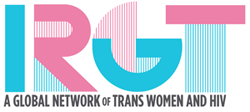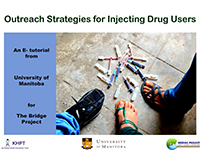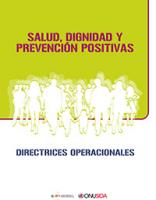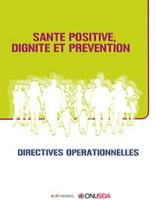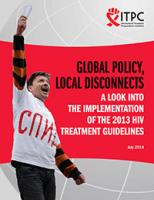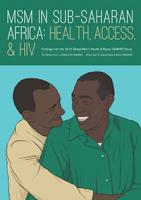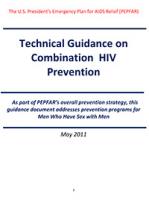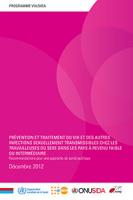
This e-tutorial describes the different strategies that can be adopted in an outreach program for Injecting Drug Users; the role of peer educators in such a program; the advantages and disadvantages of recruiting a current injecting drug user as a peer educator in a peer driven outreach program; outreach strategies to reach spouses/partners of young injecting drug users and the challenges to scale up outreach activities in a Targeted Intervention for injecting drug users in India.
There is also a quiz associated with this e-tutorial.
Media:
